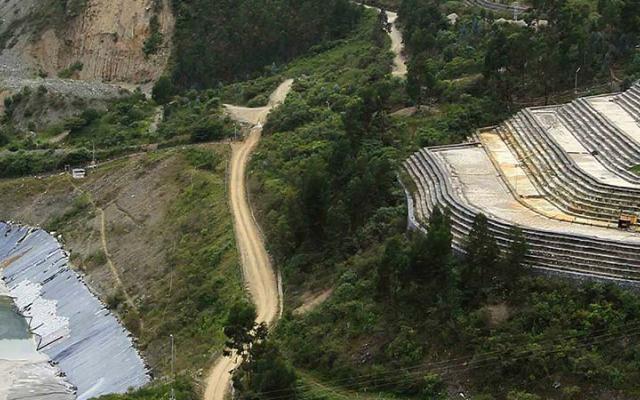Human rights
The defense of human rights is a moral obligation under international law and articulates the cooperation between ECLAC and Germany. Despite the normative advances that have taken place and the ratification of the various international human rights conventions by most Latin American countries, the climate crisis, migration processes and forced displacements and the impacts of the COVID-19 pandemic crisis, among others, have generated relevant human rights violations that must be addressed. Therefore, the promotion and protection of human rights, as a requirement for the development of a dignified, full and free life, is worked on not only as an independent component, but also as a transversal perspective. Based on the “Inclusive, Sustainable and Smart Cities” project (2020-2022), the mainstreaming of the human rights perspective, together with the gender perspective, was established as a new methodology. A significant milestone has been the mode of implementation, through the development of capacity development for project members, on how to include the human rights perspective in all their activities.
At the same time, the “Regional Cooperation for Sustainable Management of Mineral Resources in the Andean Countries” (MinSus) project has been promoting the business and human rights agenda since 2014, in response to the principle that respect for human rights should be at the center of any economic decision. In this sense, the project seeks to generate capacities, dialogues and technical assistance for the implementation of the United Nations Guiding Principles on Business and Human Rights, in conjunction with other globally recognized tools such as the OECD Due Diligence Guidelines for responsible business conduct and the 2030 Agenda.
Since 2018, together with ECLAC's Division of Sustainable Development and Human Settlements, the project has been strengthening and working with nine Ombudsmen and National Human Rights Institutions in Latin America through the creation and support of the Thematic Group on Business and Human Rights in Mining Contexts of the Ibero-American Federation of Ombudsman (FIO). In this group, new lines have been worked on that have highlighted the interdependence between the right to live in a healthy environment and the effective enjoyment of other human rights. To this end, recommendations have been made for the incorporation of the human rights approach in environmental impact assessments of mining projects, culminating in a free and freely accessible online document and course for all stakeholders.
In the coming years, ECLAC and MinSus will continue to support the Ibero-American Federation of Ombudsman and the Andean Ombudsman Offices by strengthening their work in the protection and promotion of human rights in mining contexts. At the same time, more active work will be carried out on preventing conflicts associated with the sector, supporting the reactivation of the FIO’s Thematic Group on Conflicts.
Related Projects
- El proyecto Ciudades Inteligentes, Inclusivas y Sostenibles tiene por objetivo mejorar las bases técnicas e institucionales de la CEPAL y países miembros seleccionados para promover el desarrollo…
- The COVID-19 pandemic has caused one of the worst health, economic and social crises in Latin America and the Caribbean in its most recent history, the most vulnerable population being the most…
- In the field of the mining sector, the current reality is characterized by a situation of multiple challenges, such as fiscal, regulatory, macroeconomic, social, environmental and public investment.…



